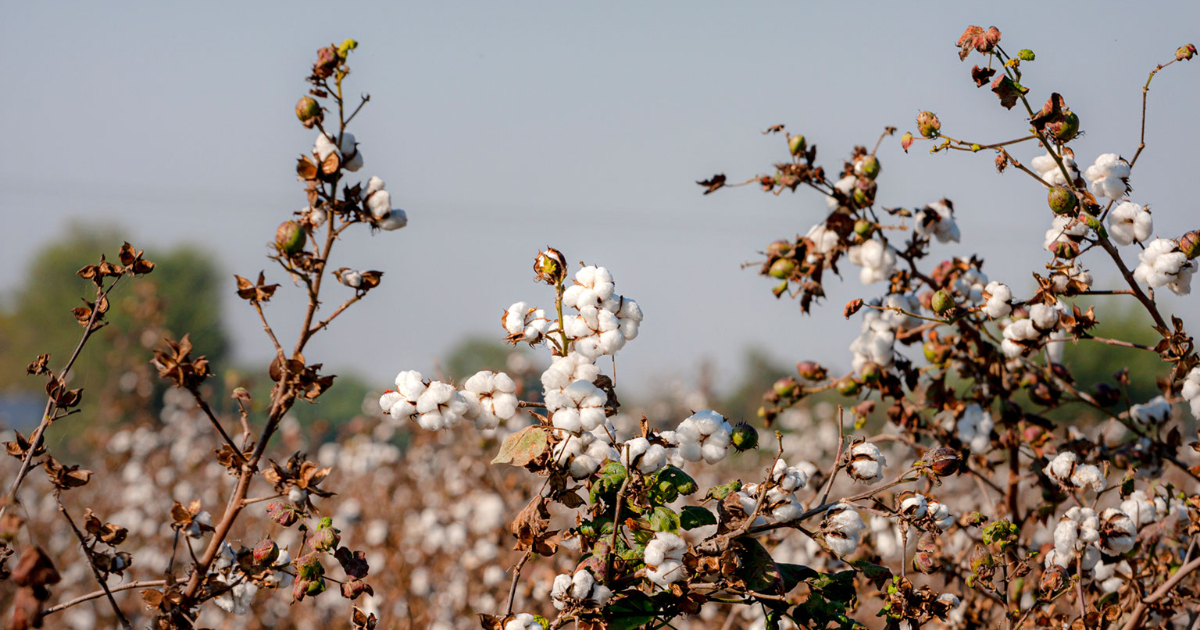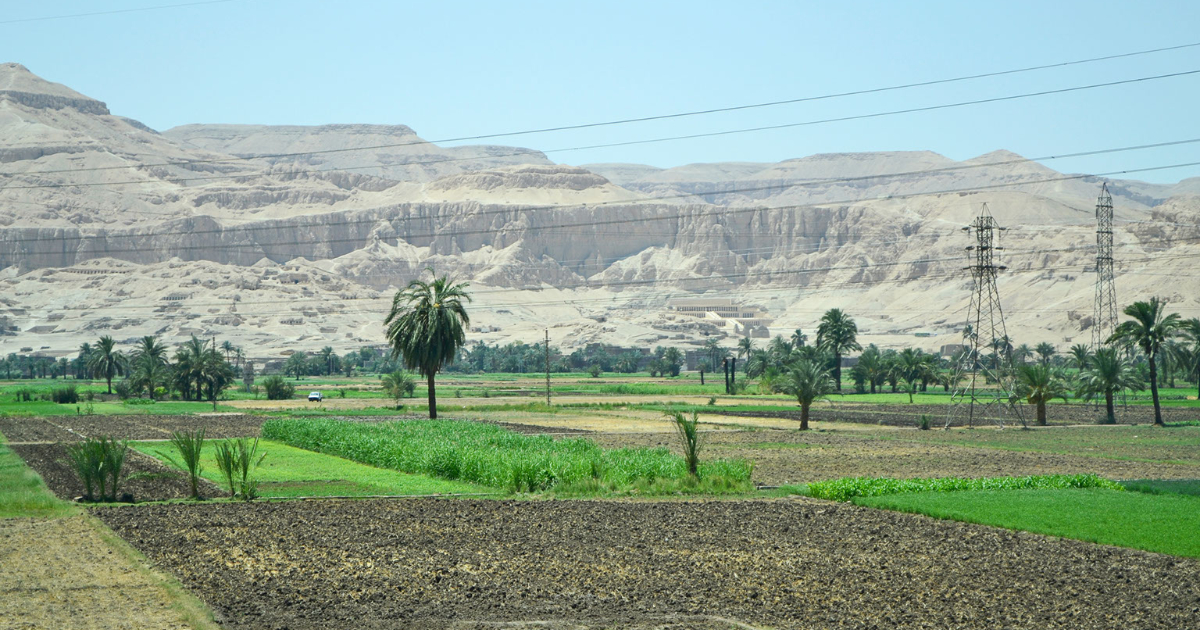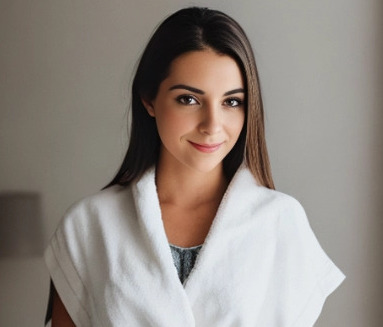For centuries, Egyptian cotton has been prized as one of the world’s most luxurious fabrics. Grown exclusively in Egypt’s fertile Nile Delta region,

Egyptian cotton possesses unique properties that set it apart from other cotton varieties.
From its long, strong fibers to its unparalleled softness and durability, Egyptian cotton is often considered “white gold” in the textile industry.
What Makes Egyptian Cotton So Special?
There are several key factors that contribute to Egyptian cotton’s superior qualities compared to regular cotton.
Origin and Climate

Authentic Egyptian cotton can only come from Egypt. The unique climate of the Nile Delta region provides ideal conditions for growing extra-long cotton fibers. The consistent heat, sunlight, humidity, and irrigation from the Nile River allow the cotton plants to thrive.
Longer Fibers
The Egyptian cotton plant (Gossypium barbadense) naturally produces longer fibers than regular cotton plants. The average staple length of Egyptian cotton is 1 1/4 to 2 inches, compared to less than 1 inch for regular cotton. The extra-long fibers can be spun into finer, thinner yarns while retaining strength.
Hand Picked
Harvesting Egyptian cotton by hand is crucial. Manual picking puts less stress on the fibers, keeping them straighter and intact. Machine picking can damage the fibers. Hand-picking allows the cotton to be spun into the finest yarns while preserving softness and durability.
Purity
Combing the fibers removes short fibers and impurities before spinning into yarn. The result is pure long-strand yarn free of defects, creating smooth and consistent fabric. Lower-quality cotton contains impurities that degrade the fabric over time.
How Fine Yarns Create Luxurious Fabrics
The combination of long fibers and purity enables Egyptian cotton to be spun into particularly fine yarns. These fine yarns lend themselves to weaving exquisite fabrics.
Higher Thread Count
The thinner yarns mean more threads can be packed into each square inch of fabric. Egyptian cotton fabrics often have thread counts over 200, sometimes up to 1000. Higher thread counts result in denser, softer, and more durable fabrics.
Strength
Despite their fineness, the long fibers make Egyptian cotton yarns strong. Fabrics hold up well to repeated washing and wear, becoming softer over time rather than deteriorating.
Draping
Long strand yarns create flexible, consistent fabrics that drape beautifully. Bed linens and clothing flow gracefully rather than being stiff or coarse.
The breathable nature of Egyptian cotton makes it highly absorbent, ideal for towels as well as bedding. The fibers wick moisture away from the body, providing comfort.
Key Features of Egyptian Cotton Fabrics
From bed sheets to bath towels, certain qualities set Egyptian cotton fabrics apart from other types of cotton textiles.
Soft as Silk
The fineness of the yarns produces a luxuriously soft hand feel, often described as silk-like. Egyptian cotton bed linens offer a smooth, gentle texture against the skin.
Cooling
The porous structure allows airflow, preventing overheating at night. Egyptian cotton helps regulate body temperature for better sleep.
Colorfast
Egyptian cotton’s high absorbency allows it to hold dyes exceptionally well. Colors stay saturated and vivid through repeated washing.
Low Pilling
The long fibers resist tangling into pills on the fabric surface. Egyptian cotton retains its smooth surface appearance over time.
Improves with Age
Unlike other cotton, Egyptian cotton gets even softer and more comfortable with washing and use. It doesn’t degrade in quality over time.
Shopping for Egyptian Cotton Products
When shopping for Egyptian cotton sheets, towels, and other items, keep these tips in mind:
- Check labels for 100% Egyptian cotton and long staple cotton certification
- Look for a thread count of over 200
- Consider weave: percale or sateen
- Carefully follow washing instructions
- Avoid fabric softeners and bleach
Genuine Egyptian cotton goods are worth the investment. With proper care, they become family heirlooms that get better every time you use them.
Caring for Egyptian Cotton Fabrics
It’s easy to keep Egyptian cotton items looking and feeling luxurious for years to come.
Follow these care guidelines:
Wash
- Wash new items on a gentle cycle before the first use
- Use mild detergent and avoid fabric softener
- Wash darks separately to prevent fading
- Wash similar colors and weights together
- Turn items inside out to protect the fabric
Dry
- Line dry outside if possible for a fresh scent
- Machine dry on low heat or air fluff setting
- Remove from dryer while still slightly damp
- Natural dryer balls help reduce wrinkling
Iron
- Iron on low heat setting if needed
- Spray with water to iron damp
- Use a steamer to remove wrinkles
Bleach
- Never use chlorine bleach on Egyptian cotton
- Opt for non-chlorine bleach alternatives if needed
- Natural sunlight can also help brighten
FAQs
What type of climate does Egyptian cotton need to grow?
Egyptian cotton requires very specific climate conditions only found along the Nile River delta in Egypt. It thrives in consistent heat, sunshine, humidity, and irrigation. The fertile soil and unique environment enable extra-long cotton fibers to develop.
How many inches long are the fibers of Egyptian cotton?
Authentic Egyptian cotton fibers measure between 1 1/4 and 2 inches in length. This is significantly longer than regular cotton fiber which is typically less than 1 inch long. The extra-long fibers are key to Egyptian cotton’s special properties.
Does Egyptian cotton fabric always have a high thread count?
Because Egyptian cotton can be spun into very fine yarns, fabrics made with it often have thread counts over 200. Some can be up to a 1000-thread count. However, Egyptian cotton can also be produced in lower thread counts. The thread count is not necessarily an indicator of whether the cotton is actually Egyptian.
Is Egyptian cotton good for making clothes too?
Yes, Egyptian cotton is an excellent textile for clothing as well as bed linens and towels. Its soft handfeel and beautiful drape make it ideal for dresses, shirts, and other garments. Clothes made from Egyptian cotton are lightweight, breathable, and become even softer over time.
Conclusion
Clearly, Egyptian cotton stands in a league of its own. Its rare combination of fineness, softness, strength, and luminosity gives it the highest prestige among cotton fabrics.
Exceptional growing conditions impart Egyptian cotton fibers with properties unmatched by other cotton varieties.
With proper selection and care, items made from precious Egyptian cotton will become treasured possessions, only improving through years of use.





